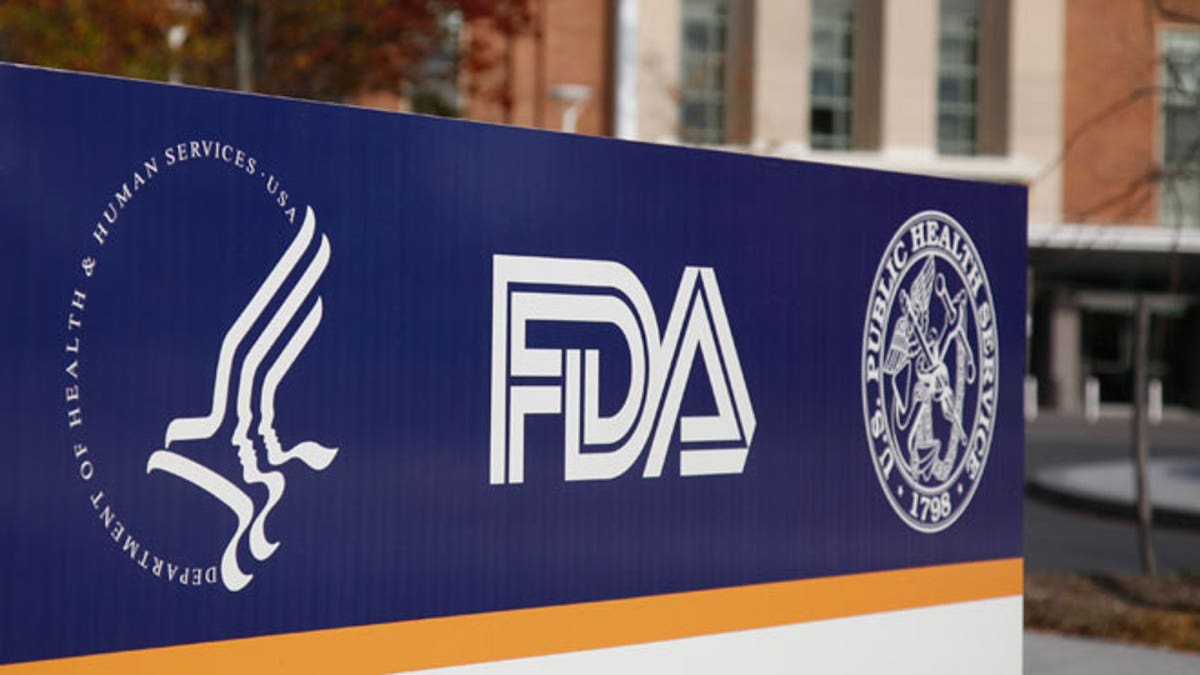
(Reuters)
The Food and Drug Administration has released its proposal for naming lower-cost biotech drugs, a critical step in creating a market for the new class of medicines.
Biotech drugs are powerful, injected medicines produced in living cells which are typically much more expensive than traditional chemical-based drugs. Many newer biotech drugs cost more than $100,000 per year and together they account for nearly 30 percent of all U.S. drug spending.
For decades, they have not faced generic competition because the FDA lacked a system to approve cheaper versions until 2012. Earlier this year the agency approved the first so-called "biosimilar." That's the industry term for generic biotech drugs, used to indicate that they are not exact copies of the original biologic medicines.
Next week, Novartis is scheduled to launch its biosimilar version of Neupogen, a blockbuster Amgen drug used to boost blood cells in certain cancer patients.
But many questions remain about how the new drugs will be sold and marketed, including whether they can use the same ingredient names as the original products.
Under an FDA proposal, all biotech drugs would be labeled with a four-letter code to help doctors distinguish them from the original versions.
For example, the original drug might be labeled "drug-cznm" and a biosimilar version could be labeled "drug-hixf." The codes would not have any meaning and would mainly help doctors and pharmacists avoid accidentally switching patients between drugs.
Branded biotech drugmakers have long stressed the safety risks of switching patients to alternate versions of biotech drugs, noting they are not perfect copies of the originals.
If a biosimilar drugmaker applies to the FDA for a designation called "interchangeability," automatic switches by pharmacists and insurers to the cheaper biosimilar drug would be allowed. But the FDA said it is still determining whether biosimilar drugs deemed interchangeable would bear the same four-letter code as the original. The agency is seeking public input on that question and several other parts of its proposal. The FDA will take comments from the public for 60 days before beginning to finalize the proposal.
Generic biotech drugs have been available in Europe since 2006, where the European Medicines Agency has approved about 20 products. However, they are still only a small part of the global drug market. Pharmaceutical consulting firm IMS Health estimates low-cost versions of biotech drugs will account for 4 to 10 percent of the global $250 billion market for biologics by 2020.